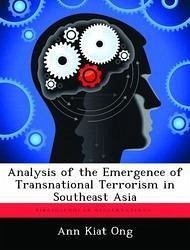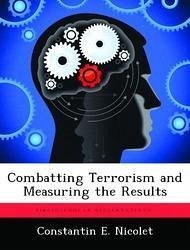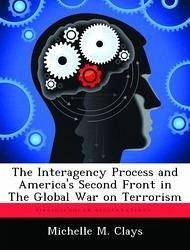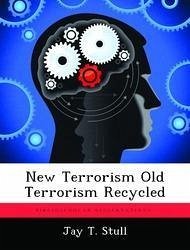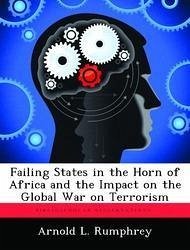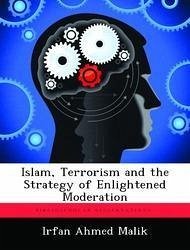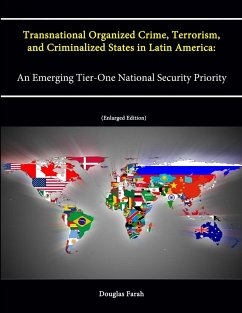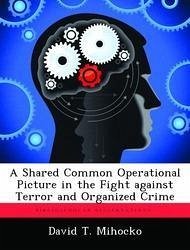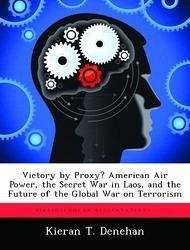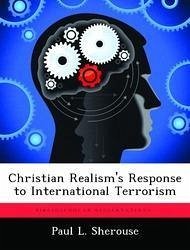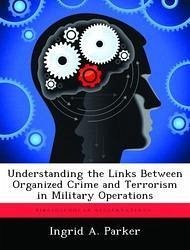
Understanding the Links Between Organized Crime and Terrorism in Military Operations
Versandkostenfrei!
Versandfertig in über 4 Wochen
52,99 €
inkl. MwSt.
Weitere Ausgaben:

PAYBACK Punkte
26 °P sammeln!
Organized crime is becoming a large-scale business that is conducting global commerce for the trafficking of illegal services and products as well as developing the associated supply chains. Criminal organizations are conducting commerce across traditional nation-state boundaries allowing criminal groups to work in coordination with other like groups; this coordination is called transnational crime. The United Nations (UN), aware of this activity, has stated that "the traditional hierarchical forms of organized crime groups have diminished; replaced with loose networks who work together to exp...
Organized crime is becoming a large-scale business that is conducting global commerce for the trafficking of illegal services and products as well as developing the associated supply chains. Criminal organizations are conducting commerce across traditional nation-state boundaries allowing criminal groups to work in coordination with other like groups; this coordination is called transnational crime. The United Nations (UN), aware of this activity, has stated that "the traditional hierarchical forms of organized crime groups have diminished; replaced with loose networks who work together to exploit new" markets of opportunity (UNODC 2006d, paragraph 2). These loose networks have many resources available to affiliates that include financial services, global transportation, and the weapons industry. Criminals, organized crime, and terrorist networks have access to these valuable resources via this affiliation. Currently: 1. Illegal drugs make up 8 percent of the world trade or $322 billion (Drug Policy Alliance 2004, paragraph 4) 2. Global prostitution industry is estimated to be $52 billion (Hughes 2000, paragraph 16) 3. Worldwide money laundering activity is at roughly $1 trillion a year (Ashcroft 2001, paragraph 4) 4. Weapons smuggling is a multi-billon dollar industry (UNODC 2006d, paragraph 3) Organized crime, consequently, may be used as a tool of war.





